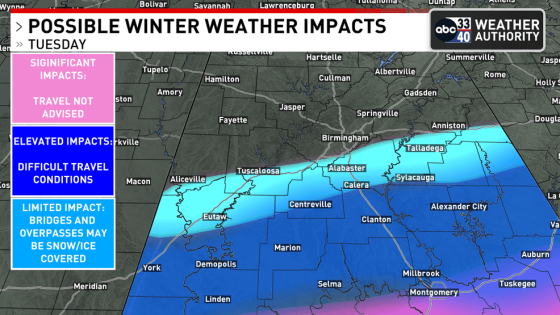In 2024, Brazil’s government made a significant shift in driving schools by enacting Law 14.921. This law, signed by President Luiz Inácio Lula da Silva, sets new age limits for vehicles used in driver training. Why is this change important for safety and effective learning?
- Brazil's Law 14.921 regulates auto school vehicles
- New vehicle age limits enhance driver safety
- Modern vehicles improve learning efficiency
- Obtaining a driver's license offers mobility benefits
- Law stimulates auto industry growth and jobs
- Auto schools remain essential for driver education
Brazil’s New Driving School Law: What It Means for Safety and Education
What does the new law mean for aspiring drivers? The age limit for motorcycles and tricycles is now set at eight years, while cars used for training must not exceed 12 years. This initiative aims to provide a safer learning environment, ensuring that students are trained in vehicles equipped with the latest safety features.
Impact of Law 14.921 on Driving Schools and the Automotive Industry
The implementation of Law 14.921/2024 requires driving schools to update their fleets, promoting the purchase of newer, safer vehicles. This shift is expected to improve the quality of driver education while providing a boost to the automotive sector. As driving schools invest in modern vehicles, they contribute to a safer driving culture and help stimulate economic growth.
Key Benefits of the New Vehicle Age Regulations in Driving Schools
This law brings several advantages for both students and the driving education system:
- Enhanced safety through modern vehicle technology.
- Improved learning experiences with ergonomic and user-friendly vehicles.
- Increased confidence for new drivers trained in up-to-date cars.
- Support for the automotive industry by driving demand for new vehicles.
Addressing Concerns: The Future of Driving Schools in Brazil
Despite rumors about the potential closure of driving schools, this law does not signal an end to these institutions. Instead, it reinforces their importance in driver training. The new regulations ensure that driving schools remain vital in preparing competent and safe drivers for the roads.
Conclusion: A Step Towards Safer Roads in Brazil
Law 14.921 is a pivotal step in enhancing road safety in Brazil. By ensuring that driving schools use newer vehicles, the government is committed to providing quality education for future drivers. This initiative not only benefits students but also supports the automotive industry, creating a safer environment for everyone on the road.

































